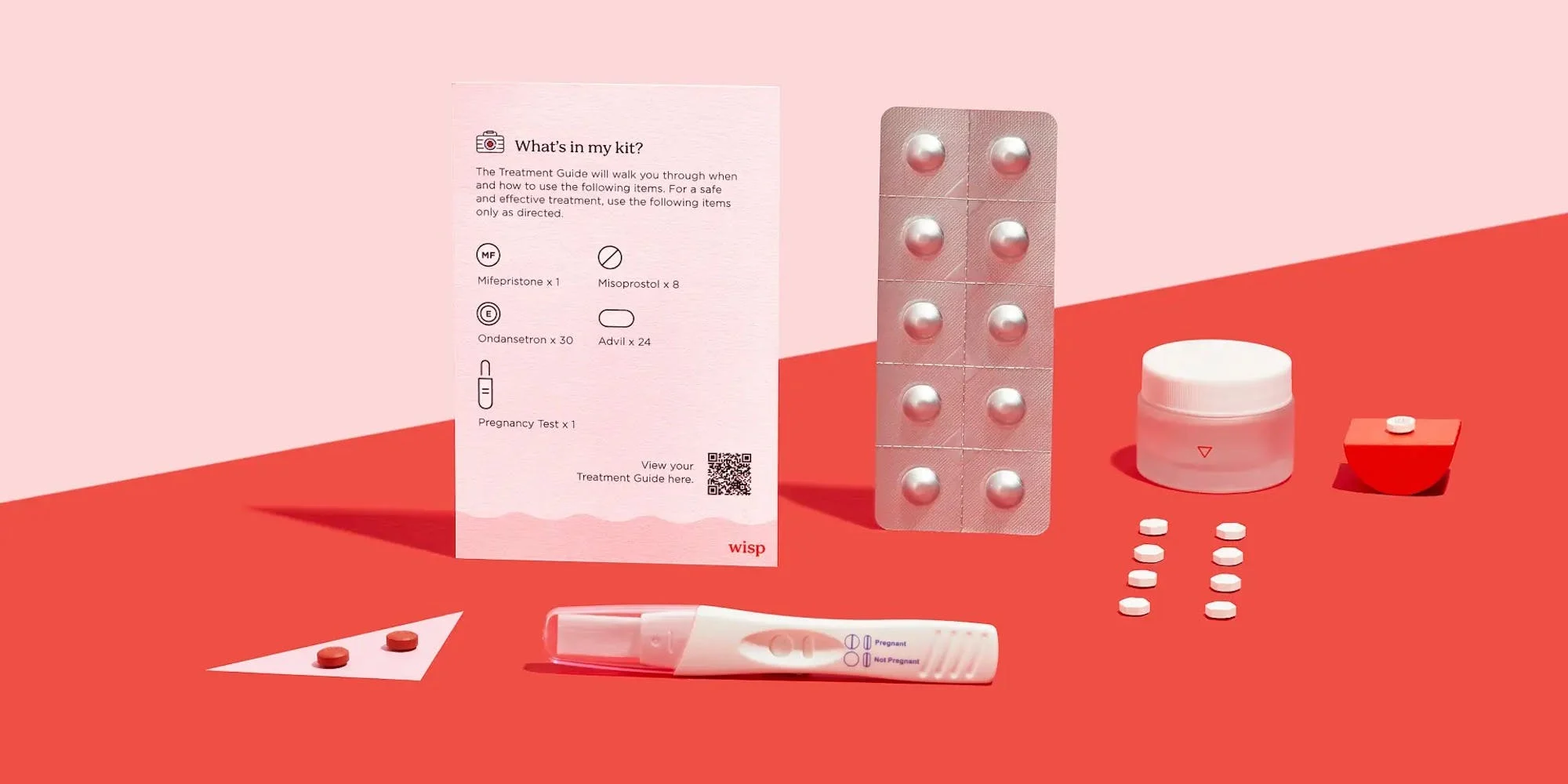
Whomever you are and wherever you live in Aotearoa New Zealand, you have the right to end a pregnancy if you want or need to. One way to do so is through early medical abortion, which uses pills and allows for self-managed abortion at home. This option has been available via telehealth for some time but has become more common in recent years, especially since the start of the COVID-19 pandemic.
A new service called DECIDE, launched in April by the Ministry of Health, is helping to expand existing telehealth services and close overall gaps in access to abortion care. DECIDE provides consultations and medications for early medical abortions, along with related services, including consultations, information, referrals, counselling, and after-care support. This service cannot replace in-person care, which will always be necessary in certain cases, but helps to enlarge access to safe and timely abortion. This is a great step forward for equitable sexual and reproductive healthcare.
There is a growing evidence base on telehealth abortion services, especially due to its increased of rollout across the globe due to COVID-19 restrictions. International research shows that telehealth abortion care is extremely safe and effective. Self-managed medical abortion conducted by telehealth is just as safe and effective as when the procedure is completed in person at a doctor’s office, clinic, or hospital. This option is not associated with higher risks of complications compared with pills accessed in-office. In fact, only 2% of medication abortions result in complications, and most of those are minor. Plus, most patients report being satisfied with their experience.

The research also suggests several advantages to telehealth abortion services, namely:
- allow more privacy and autonomy (avoid harassment, conscientious objection, disclosing choice if unsafe)
- help ensure timely care
- greater flexibility reduces burdens of cost, travel, and time
- reduce pregnancy-related deaths
Telehealth services are especially beneficial to those who may not otherwise be able to access abortion care. This may be due to low resources, disability, caregiving or work responsibilities, or geographical distances, especially if disclosing an unintended pregnancy is difficult or unsafe. Indeed, researchers report that barriers limiting abortion access most profoundly affect communities that already face health care and social inequities and can therefore widen existing socio-economic inequalities.
It is also important to note that access to early medical abortion through telehealth ensures timely care. While abortion is among the safest medical procedures, the earlier it is done, the fewer complications there could be. Reducing wait times for abortion, which has been a major problem in the past, can also help alleviate some of the stresses associated with unintended pregnancy.
The country is already seeing higher rates of earlier access to abortion and the final rollout of the DECIDE services will hopefully maintain this trend and contribute to more equitable access to sexual and reproductive healthcare for all.
